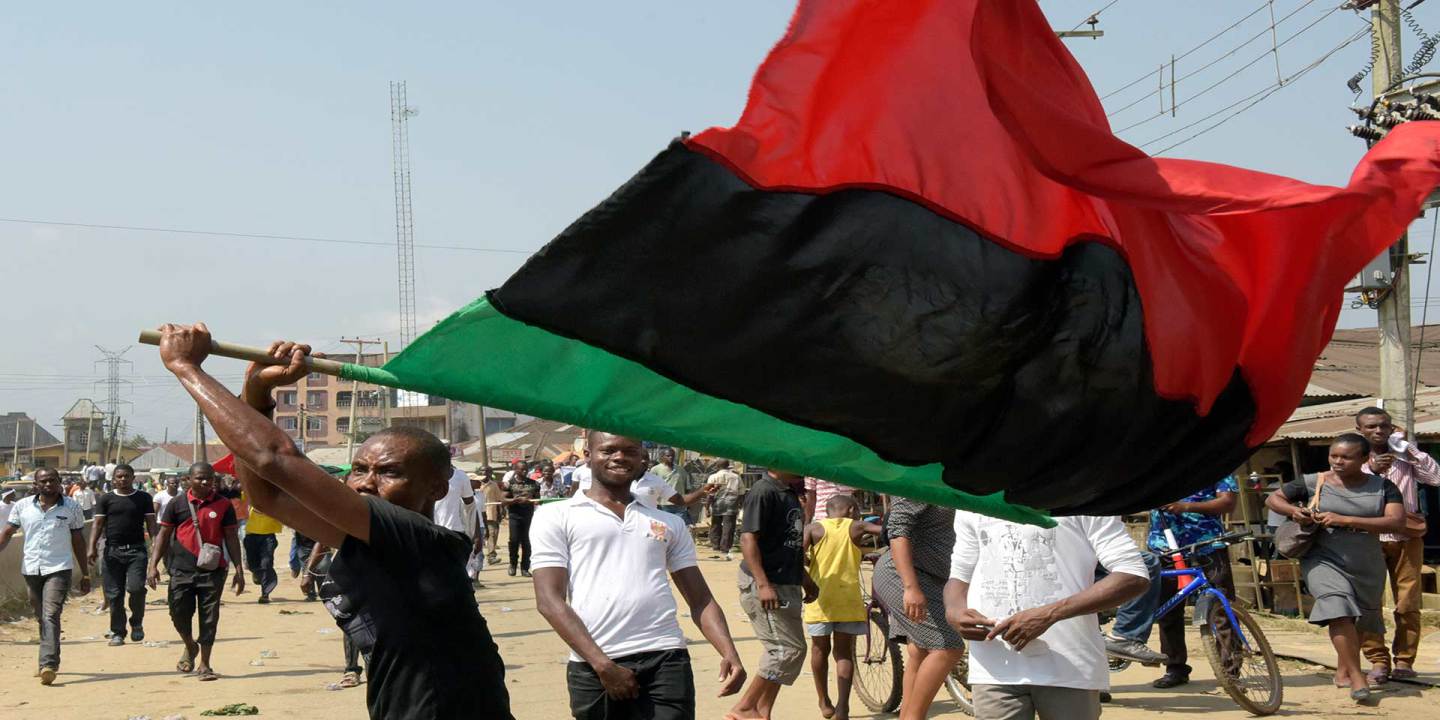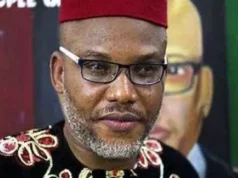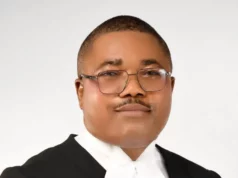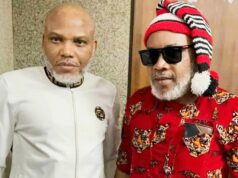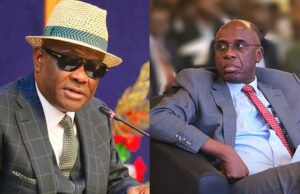In a public statement, the Indigenous People of Biafra (IPOB) warned community leaders, youth organisations, religious leaders, and Igbo traditional rulers against encouraging young people in the South East to enlist in the Nigerian Army.
In a statement signed by its spokesperson, Emma Powerful, the Indigenous People of Biafra (IPOB) has accused the Nigerian Army of attempting to engage influential figures in the Southeast to encourage military enlistment among Igbo youths. The group expressed concern, warning that such efforts may not serve the best interests of the region’s young population.
IPOB raised questions about equity in military recruitment and career progression, alleging that the Southeast receives disproportionately fewer recruitment slots compared to other regions. The group also pointed to a perceived under-representation of Igbo officers in senior military and security positions across the country.
“We urge community leaders to reflect on the historical treatment of Igbo officers and to consider broader concerns around equity, justice, and representation before urging youths to join the military,” the statement read.
The group also highlighted concerns about the safety and welfare of Nigerian soldiers, particularly those deployed in high-risk conflict zones. It called for increased transparency from the military regarding casualties in ongoing security operations.
Reaffirming its opposition to what it described as a “proxy conflict” involving West African forces, IPOB urged Southeast leaders to prioritize youth empowerment through job creation and economic opportunities rather than encouraging enlistment into the armed forces.
Although known for its controversial and separatist stance, IPOB used the opportunity to call for caution and thoughtful engagement among Igbo stakeholders regarding military recruitment efforts.
As of the time of reporting, the Nigerian Army has not issued a response to the group’s claims.
Editor’s Note: IPOB was designated a terrorist organization by the Nigerian government in 2017. It remains unrecognized by the state and continues to operate as a separatist movement.

